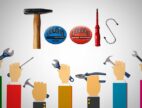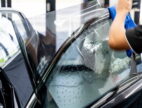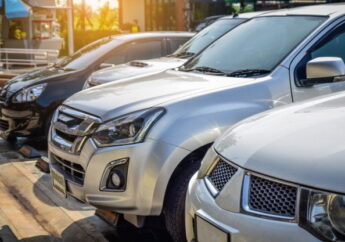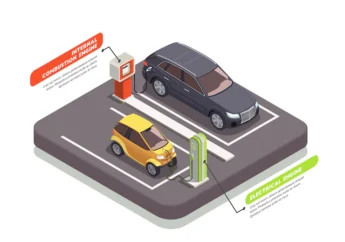5 Tips to Protect Yourself When Buying a Second-Hand Car
by Mashum Mollah Automotive Published on: 07 November 2019 Last Updated on: 26 September 2024
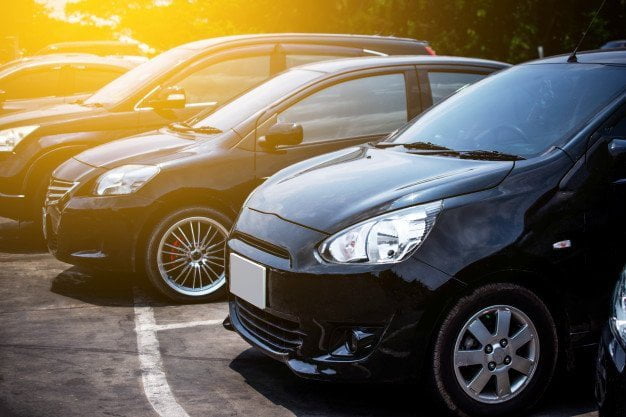
Even if you can afford to purchase a brand new car you may decide that it makes better financial sense to buy a used, or second-hand car. Consider the depreciation hit you take just driving a new car off the forecourt this can seem like a great idea.
However, there are risks associated with second-hand cars, including unseen faults, a lack of warranty, and unscrupulous sellers. That’s why you need to know the best tips for protecting yourself when purchasing a second-hand car.
5 Tips to Protect Yourself When Buying a Second-Hand Car:
1. Research First:
The first step is to decide what type of vehicle you want. This will largely depend on whether you have a family and what you use your car for.
Once you’ve decided the type you need to do as much research as possible, this will tell you if the vehicle has any known problems that you should be aware of. It will highlight which parts of the car you should pay special attention to when viewing.
If you have any concerns regarding inspecting the car then you need to take a mechanic friend with you. If not, you can pay for an independent inspection to give you peace of mind that the car is as good as it seems.
2. Be prepared to negotiate:
Armed with your knowledge of a specific car and having taken a look at companies that offer a sell my car fast service, you will have an idea of the lowest price that buyers are likely to accept.
This doesn’t mean the seller you’re dealing with will drop their price but you must be prepared to negotiate.
Having done your research you can set yourself a maximum price that you’re prepared to pay and be ready to walk away if the seller won’t come down. Of course, this price needs to be realistic.
3. Consider Using A Dealer:
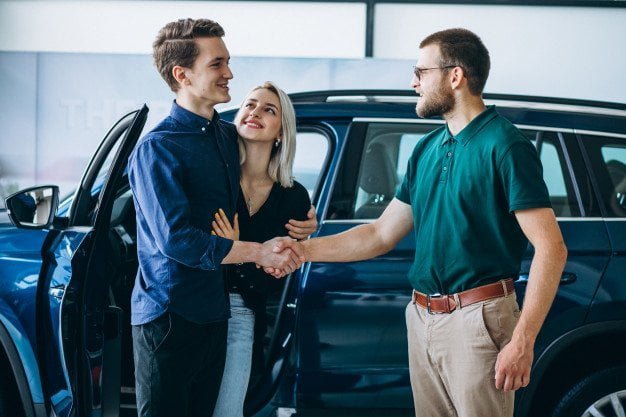
There are plenty of dealers that offer second-hand cars for sale. Using reputable car selling websites should provide you with a greater level of protection and peace of mind. Dealers must offer a vehicle that is fit for purpose and fulfills the description given.
Providing you verify the dealer is genuine and reputable this will help to ensure you get a good second-hand car.
4. Always test drive:
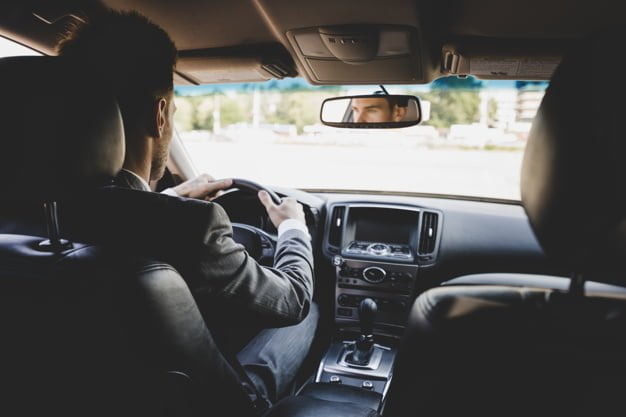
It is imperative that you test drive a car. No matter how good the dealer sounds or how good the car looks it’s always important to test drive the car. This is when you’ll notice starting issues, handling problems, and funny noises.
These will all be issues that need to be addressed before you agree to purchase the car. If the car you’re looking at does have any of these issues you’ll be glad you test drove it.
5. Check the history:
Finally, it is essential to check the history of the car. This means verifying that it hasn’t been involved in an accident and ensuring that the yearly tests demonstrate the vehicle has covered approximately the same amount of miles as the instrument panel tells you.
History should also cover servicing completed, the greater the service history the better looked after the car has been and the more likely it is to be a good buy.
Don’t forget, if you have any doubts, walk away. There are plenty of other vehicles for sale.
Read Also:


























































































